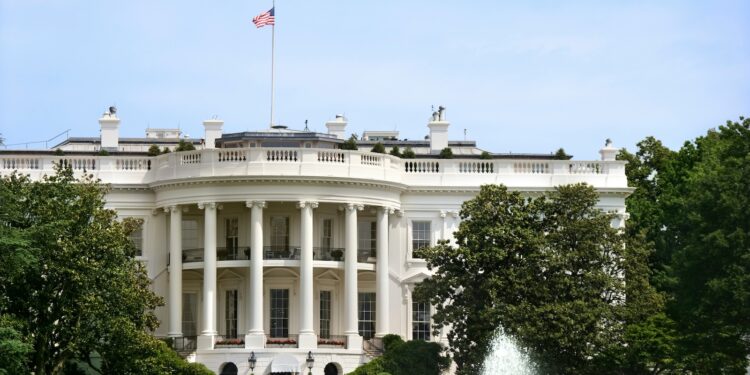Apple is currently defending itself against a serious accusation from Brussels. The European Commission has imposed a fine of 500 million euros (570 million US dollars) on the tech giant. The reason: Apple allegedly violated key provisions of the Digital Markets Act. In the US, the decision has sparked sharp criticism – the White House has even called it economic extortion.
If you use an iPhone or regularly buy apps from the App Store, this issue directly affects you. Apple is at the center of a dispute between the EU and the US. The EU wants to impose stricter regulations on large digital corporations with its new law. Apple sees this as unfair and intends to fight back. And Washington feels compelled to take a stand. The issue concerns market rules, freedom of competition, and the role of large tech companies in Europe.
Background to the EU fine against Apple
On Wednesday, the European Commission imposed a fine of approximately €500 million on Apple for violating the Digital Markets Act (DMA). The DMA is a new EU law that requires so-called gatekeepers – i.e., market-dominating digital companies – to be more open to other providers. According to the Commission, Apple allegedly prevented app developers from informing users about alternative payment options outside of the App Store. Apple also allegedly prevented the distribution of iOS apps through app marketplaces other than its own. The Commission considers this an impermissible restriction of competition.
US government response
The White House reacted unusually strongly to the decision. According to Reuters, a spokesperson described the fine as economic blackmail and sharply criticized the measure. He accused the EU of targeting American companies and thereby hindering innovation. The statement read:
This new form of economic blackmail will not be tolerated by the United States.
According to the US government, extraterritorial regulations that restrict American companies are a barrier to trade and a threat to free society. This statement highlights the growing tensions in transatlantic technology policy.
Apple's statement and next steps
Apple announced that it would appeal the EU Commission's decision. The company argues that the measures are unfair and specifically targeted at Apple. According to Apple, the rules would endanger users' privacy and security because alternative app stores may offer less protection. Even if the fine sounds high, it only corresponds to about 0.1 percent of Apple's annual turnover. The Commission could theoretically have imposed a penalty of up to 10 percent of annual turnover. Nevertheless, this case is not just about money; it primarily concerns the fundamental question of how far regulators can go in controlling global platforms (via Reuters).
Placement in the current political situation
The conflict between the EU and Apple comes at a time of sensitive trade talks between Europe and the US. The debate over regulation, data protection, and competition is intensifying – and the action against Apple could send a signal to other US tech companies.
Target Apple: Is the EU on a collision course?
The EU is determined to send a strong message against big tech companies – and this is hitting Apple in particular. But instead of promoting fair competition, the Commission's actions seem more like a targeted attack on a successful US company. Apple has invested heavily in data protection, security, and user experience in recent years – precisely what users around the world value. The decision to impose a fine, even though Apple is trying to keep its platform secure and controlled, seems excessive and politically motivated.
Apple protects, the EU weakens: Who wins?
While Apple supports its position with concrete arguments regarding security and privacy, the EU remains vague. The €500 million fine seems less like a just judgment and more like leverage in a geopolitical power game. For you as a user, a softening of Apple's rules could actually bring disadvantages: increased uncertainty, questionable app sources, and unclear data protection standards. Apple's approach of maintaining high quality and control is not only understandable, but necessary in a time when digital security is more important than ever. (Photo by Unsplash+ / Getty Images)
- Apple and Trump contacts: Senator calls for transparency
- Apple under pressure: EU imposes €500 million fine





